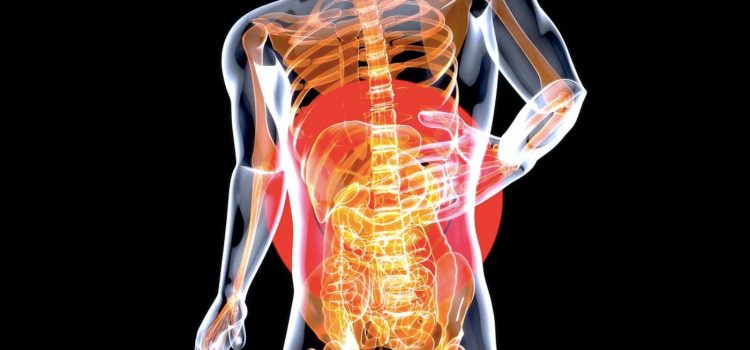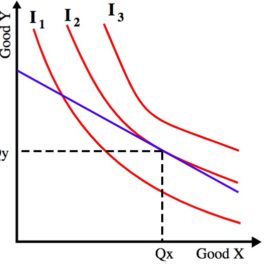

This article is an excerpt from the Shortform book guide to "Why Zebras Don't Get Ulcers" by Robert Sapolsky. Shortform has the world's best summaries and analyses of books you should be reading.
Like this article? Sign up for a free trial here.
How are stress and metabolism connected? What does chronic stress do to your metabolism?
According to Robert Sapolsky, psychological stress has come to dominate the lives of many humans in modern society. In Why Zebras Don’t Get Ulcers, he explains the connection between stress and metabolism, including how stress negatively affects many other parts of your body and mind.
Keep reading to learn about how chronic stress affects the metabolism, according to Sapolsky.
Stress and Metabolism
In Why Zebras Don’t Get Ulcers, biologist and neuroscientist Robert Sapolsky explains the connection between stress and metabolism, arguing that chronic stress can cause a variety of metabolic issues. During intense physical stressors, your body doesn’t need to digest food and store the energy for later—it needs energy now. To get this energy, the sympathetic nervous system activates, decreasing the secretion of insulin, the hormone responsible for storing energy. Also, glucocorticoids are released to stop nutrients from being transferred to fat cells, which basically cancels out the effects of any insulin left in the bloodstream.
As a result, your body has successfully blocked the energy storage function of your metabolic system, but it also needs to gain access to some of the energy that already is stored. Hormones are then released that transform the more complex proteins stored in fat cells into glucose, which can be converted into energy quickly. After a stressor, the body responds by releasing hormones that increase appetite in order to make up for the energy you just used. This is why many people eat a lot more when stressed.
(Shortform note: Because of the effect of stress on your metabolism and the metabolic process, it can cause weight gain, as well. Several studies from the 2010s even show that there is a feedback loop between chronic stress and body fat. In 2015, researchers found that body fat sends signals to the brain that help regulate the stress response. Too much extra fat, however, can weaken the body’s ability to turn off the stress response, resulting in a feedback loop: Too much stress can result in extra body fat, and extra body fat can cause even more stress.)
Like with the cardiovascular system, when the stress response is turned on too often, problems in the metabolism emerge. First, constantly turning on the metabolic stress response is inefficient. It takes energy to break down nutrients and transfer them between storage and usage, so when you do this too often, you lose out on potential energy. This can result in the fatigue many feel after stress.
(Shortform note: The kind of fatigue Sapolsky is referring to here is the everyday fatigue many people feel when mildly stressed, and researchers suggest that we should pay more attention to fatigue because it can cause us considerable harm. But it’s also important to understand the difference between tiredness and chronic fatigue. Tiredness can be mitigated by rest, while fatigue occurs when the body is unable to keep up using normal recovery methods. Understanding the distinction is important because people often confuse the two, which can lead to inaccurate diagnoses that can make the problem worse.)
Another problem caused by placing constant stress on your metabolism and the metabolic stress response is that it increases the amount of fat and glucose circulating in your bloodstream. This can then clog your blood vessels and arteries, which can lead to hypertension. It can also make you more insulin-resistant, which can lead to and exacerbate the effects of diabetes. As stated above, when you’re stressed, glucocorticoids are released to cancel out the insulin in your bloodstream so that you can use the energy from glucose. Do this too often, and you can build up an insulin resistance that characterizes type-2 diabetes.
| How Evolution Has Lead to Hypertension and Diabetes Research suggests further evolutionary links between insulin resistance and hypertension beyond stress-related reasons. Throughout most of our evolutionary history, humans have required strong energy storage and salt-retention capabilities. To survive periods of famine or starvation, we needed to be able to store food efficiently. And, to survive the heat and laborious activities, which induce sweat, we needed to be able to retain sodium efficiently. Additionally, the foods available to hunter-gatherers were low in sodium and calories, further adding to our need for these traits. However, these particular traits we’ve inherited from our ancestors no longer serve a vast majority of people. We live a much more sedentary lifestyle, and we have access to plenty of food with high sodium and caloric content. Because of our different lifestyles, and because our bodies have adapted to store energy and retain sodium, we’re much more likely to develop hypertension, insulin resistance, and type II diabetes. |

———End of Preview———
Like what you just read? Read the rest of the world's best book summary and analysis of Robert Sapolsky's "Why Zebras Don't Get Ulcers" at Shortform.
Here's what you'll find in our full Why Zebras Don't Get Ulcers summary:
- The physical and mental harm chronic stress does to your body
- The steps you can take to reduce stress in your life
- Why you should make your life more predictable






